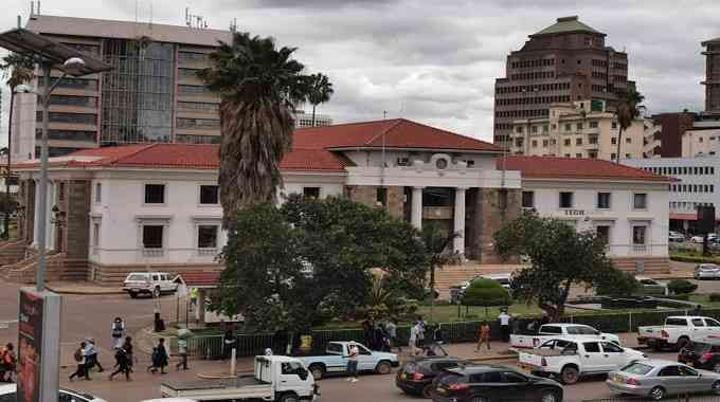Africa-Press – Zimbabwe. HARARE residents have challenged the city fathers to address the water crisis that has dogged Zimbabwe’s capital for decades, forcing households to rely on bucket flushing system.
According to council, 60% of sewage problems are caused by poor flushing habits and improper waste disposal, while only 40% stems from infrastructure issues.
Harare City Council department of water engineer Simon Muserere said residents should use large buckets to flush toilets.
“When you use a very small tin, it may clear your toilet, but the load remains in the pipeline. A larger bucket helps to push waste through to the treatment plant,” Muserere said.
“This is a major concern as we have seen a significant rise in blockages across all areas of the city.
“If we cut down the 60% caused by residents, we can focus our limited resources on fixing structural issues and avoid over-straining the city’s budget.”
Harare Residents Trust executive director Precious Shumba told NewsDay that the city’s sewer infrastructure, originally designed for a much smaller population, is now overwhelmed.
“The City of Harare needs to address the availability of water for residents so that the flushing system in their households is fully utilised,” he said.
“The tragedy, however, is that most suburbs do not have access to municipal water.”
Shumba urged the city fathers to come up with practical, immediate solutions to restore basic services and upgrade ageing infrastructure before the situation worsens.
“Residents have been using the bucket (flushing) system for a long time now, without any indication that water availability will be resolved any time soon,” he said.
“Technocrats within the City of Harare should offer more practical and effective solutions than say things that portray the council as medieval and short of solutions.
“The explanation provided by Engineer Muserere makes a lot of technical sense about the movement of sewage in pipes, but it makes very little sense to residents without water for a very long time.”
Shumba said lack of access to reliable water supply continued to jeopardise public health and sanitation, particularly in the city’s oldest suburbs.
“The size of the sewage pipes has to be revisited to reflect the increased population in the suburbs. What needs to be urgently addressed is the sewage pipe infrastructure given the growing population living in urban areas,” he said.
“The sewer infrastructure in the oldest suburbs of Mbare, Highfield, Kambuzuma, Mufakose, Mabvuku, Tafara, Glen View and Dzivarasekwa is overdue for overhaul as it can no longer serve the number of people.”
For More News And Analysis About Zimbabwe Follow Africa-Press






